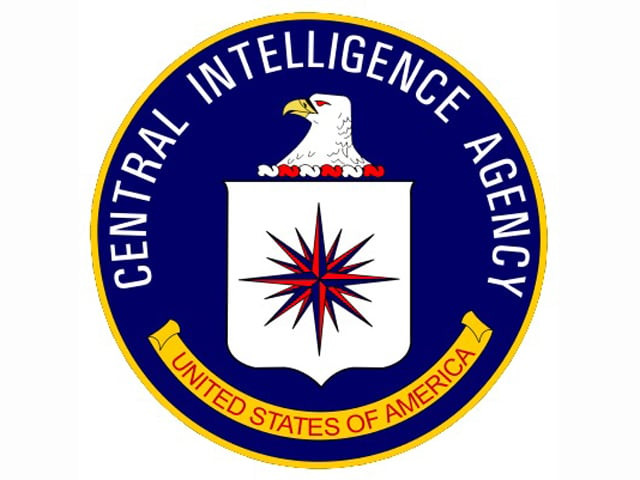Pakistan, US and their intelligence agencies
The talks between the CIA and ISI have come in the wake of a period of non-communication between the two agencies.

The Pakistani public is on board. The media, after the Raymond Davis episode, has shaped the Pakistani opinion, which in turn has compelled the PPP government to align itself more closely with the GHQ, with President Zardari telling a British newspaper in an interview that the US-led war in Afghanistan is “seriously undermining efforts to restore Pakistan’s democratic institutions and economic prosperity”. That widens the scope of the ‘objections’ Pakistan has expressed to American policy in the region. It means that Washington’s ‘Afghan policy’ is not in sync with Pakistan’s own national objectives.
A lot of harsh things regarding American policy have been said in public in Pakistan, trumping the official line in their intensity. One argument which has always been seen as ‘official thinking’ is that the Americans are not in the region to confront al Qaeda and ensure peace in Afghanistan, but to destroy Pakistan’s nuclear capability by somehow disabling its nuclear arsenal. If this were true, then from the Pakistani point of view, the Americans should not be in Pakistan at all but the two should be arrayed against each other as enemies. If you listen to the TV anchors in Pakistan, many of them see America as an enemy of Pakistan and portray the so-called ‘bad’ Taliban killing innocent Pakistanis through suicide-bombers as being on the payroll of the CIA.
On the American side, think-tanks and politicians are increasingly pointing to the ‘dubious intent’ of the rulers in Pakistan. A recent report by the US Congress said that Pakistan had no effective policy against terrorism and did not seem to care much about the growth of the power of al Qaeda and its ancillaries often called ‘jihadi organisations’. Needless to say there is a marginal opinion too in Pakistan which marvels at the real intent of the state of Pakistan as it fights a fluctuating battle against terrorists in the Tribal Areas that seems to be going nowhere. There is also a gap between these marginal observers and the official opinion about the drones operated by the CIA.
If one were to take the pulse in Pakistan, anti-Americanism is at its most intense among the public. But there is also the consensual lament about the radicalisation and extremism of Pakistani society. No matter how hard one tries, one cannot link this extremism and intolerance to the Americans — although some religious parties do. There is also no coherent opinion about the Taliban and al Qaeda comparable to the clarity expressed in hatred of America. The state is seen by all as too weak to stand up to the terrorists and criminals preying on the common man and crippling Pakistan’s economy through ‘protection money’ and disruption of business.
Pakistan’s economy is in dire straits and the only country willing to assist Pakistan substantially is the US. From the above facts, it seems Pakistan wants to force a change in America’s policy towards Pakistan. The current talks between the CIA and ISI have come in the wake of a period of non-communication between the two agencies. Pakistan’s Army Chief General Ashfaq Parvez Kayani has ‘the nation behind him’, but he must know precisely whether the US ‘needs Pakistan more than Pakistan needs the US’.
We all know that terrorism is coming out of North Waziristan. General Kayani will have to do something about it if he wants the drone attacks stopped. And he will have to take another look at the ‘jihadi’ organisations who owe allegiance to al Qaeda and not to Pakistan and with whom it is unclear whether the Deep State has fully severed its ties.
Published in The Express Tribune, April 13th, 2011.















COMMENTS
Comments are moderated and generally will be posted if they are on-topic and not abusive.
For more information, please see our Comments FAQ